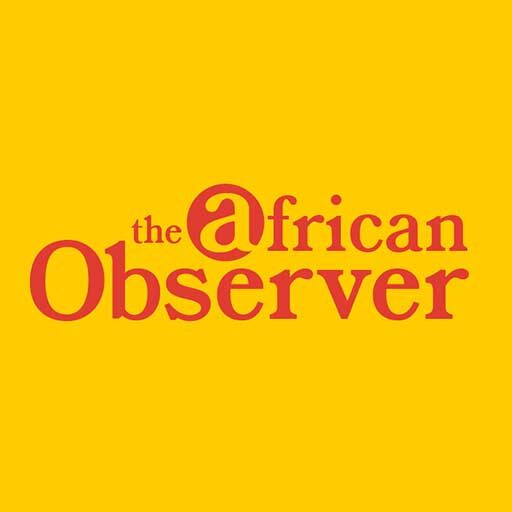In a remarkable display of regional cooperation, several African nations have jointly launched a satellite initiative aimed at bolstering communication and technological capabilities across the continent. The project, known as AfricaSat-1, marks a significant step forward in Africa’s ambitions to bridge the digital divide and significantly enhance connectivity and development.
Led by Nigeria, the African Union (AU) spearheaded this ground-breaking venture, with financial and technical support from member states including South Africa, Egypt, Algeria, and Kenya. The collaborative effort serves as a testament to the growing resolve of African nations to drive progress on the continent and foster long-term sustainable development.
The AfricaSat-1 satellite, developed in collaboration with Chinese aerospace giant Great Wall Industry Corporation, was successfully launched into orbit on Sunday from the Xichang Satellite Launch Centre in China’s Sichuan province. The satellite is equipped with state-of-the-art technology, enabling it to provide comprehensive coverage across the entire African continent.
The deployment of AfricaSat-1 is anticipated to have a transformative impact on various sectors, particularly telecommunications, broadcasting, agriculture, and disaster management. Its capabilities include broadband connectivity, high-speed internet access, and improved television and radio broadcasting services, all of which will help bridge the digital divide and catalyse economic growth.
This important milestone signifies a departure from Africa’s traditional reliance on foreign satellite providers, which often imposed high costs and limited coverage. The launch of AfricaSat-1 exemplifies the continent’s determination to become self-reliant in meeting its technological and communication needs, ultimately fostering economic independence.
African leaders have hailed the satellite project as a game-changer, stressing the immense potential to accelerate socio-economic development, bolster education and research, and improve healthcare delivery. The improved connectivity facilitated by AfricaSat-1 will enable remote communities to benefit from e-learning initiatives, telemedicine services, and access to global markets, fostering inclusivity and levelling the playing field for all Africans.
The satellite initiative aligns closely with the AU’s Agenda 2063, which seeks to leverage science, technology, and innovation to drive African development. By collaborating on the AfricaSat-1 project, African nations are not only harnessing the potential of outer space but also demonstrating their commitment to the principles of unity, progress, and integration.
Furthermore, experts have noted that AfricaSat-1 will play a crucial role in disaster management and response, providing real-time information and enabling governments to efficiently coordinate relief efforts during crises such as droughts, floods, and epidemics. This capability also holds immense potential for monitoring climate change and its impacts on vulnerable ecosystems and populations.
As Africa builds its capacity in space technology, the successful launch of AfricaSat-1 sets a precedent for future collaboration and exploration. It also presents an opportunity for African nations to participate in the global space industry, creating jobs, fostering innovation, and attracting investment.
In conclusion, the joint launch of the AfricaSat-1 satellite initiative firmly establishes Africa’s position as a leading force in space technology and regional cooperation. This ambitious project showcases how African nations are harnessing cutting-edge innovations to accelerate development, bridge the digital divide, and create a brighter future for all Africans.





